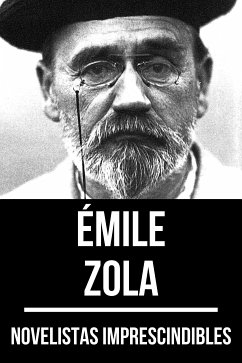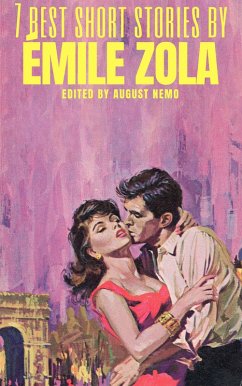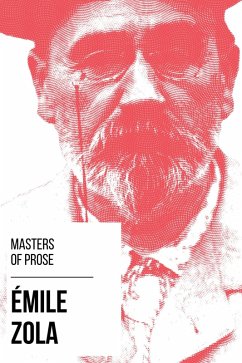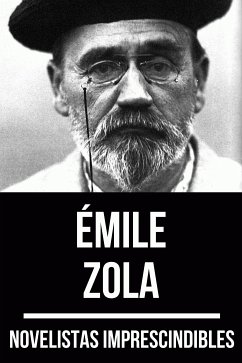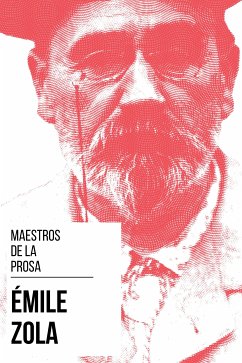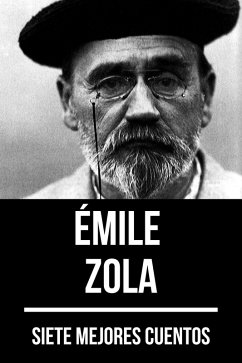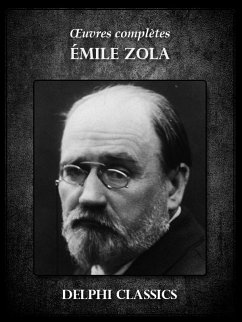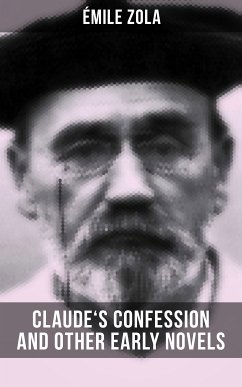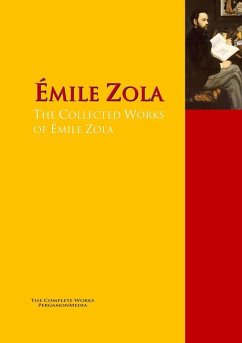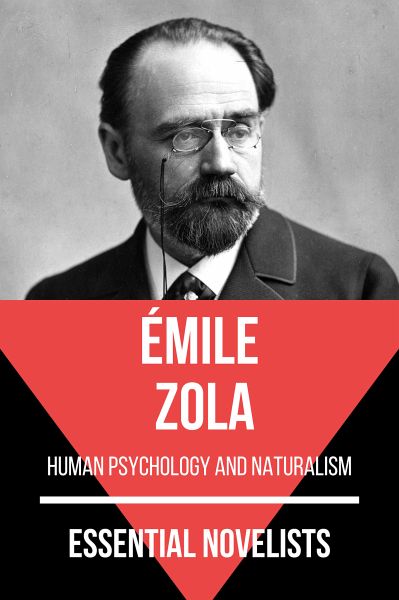
Essential Novelists - Émile Zola (eBook, ePUB)
human psychology and naturalism

PAYBACK Punkte
0 °P sammeln!
Welcome to the Essential Novelists book series, were we present to you the best works of remarkable authors. For this book, the literary critic August Nemo has chosen the two most important and meaningful novels of Émile Zola which are Germinal and Therese Raquin. Émile Zolawas a French novelist, playwright, journalist, the best-known practitioner of the literary school of naturalism, and an important contributor to the development of theatrical naturalism. Zola was nominated for the first and second Nobel Prize in Literature in 1901 and 1902. Novels selected for this book: - Germinal -There...
Welcome to the Essential Novelists book series, were we present to you the best works of remarkable authors. For this book, the literary critic August Nemo has chosen the two most important and meaningful novels of Émile Zola which are Germinal and Therese Raquin. Émile Zolawas a French novelist, playwright, journalist, the best-known practitioner of the literary school of naturalism, and an important contributor to the development of theatrical naturalism. Zola was nominated for the first and second Nobel Prize in Literature in 1901 and 1902. Novels selected for this book: - Germinal -Therese Raquin This is one of many books in the seriesEssential Novelists. If you liked this book, look for the other titles in the series, we are sure you will like some of the authors.
Dieser Download kann aus rechtlichen Gründen nur mit Rechnungsadresse in A, B, BG, CY, CZ, D, DK, EW, E, FIN, F, GR, H, IRL, I, LT, L, LR, M, NL, PL, P, R, S, SLO, SK ausgeliefert werden.




